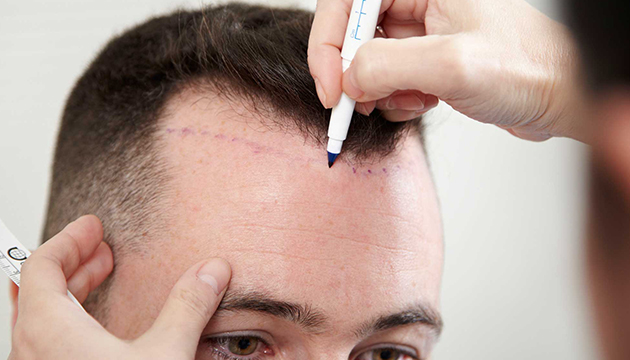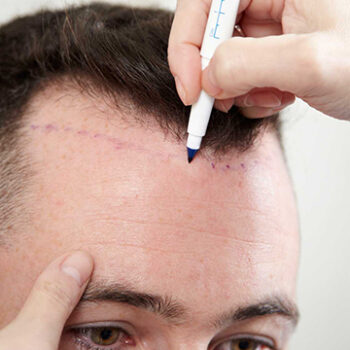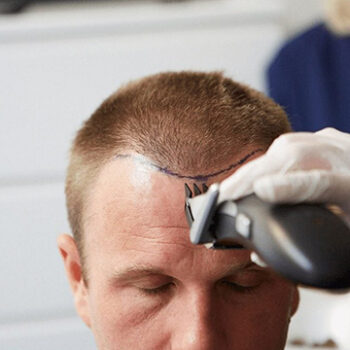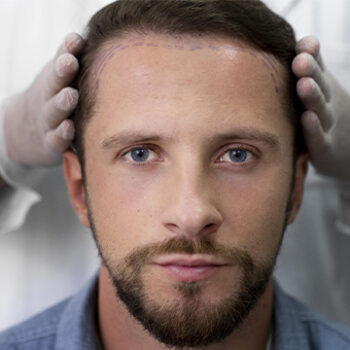10 Commonly Asked Questions About Hair Transplantation
Hair loss has become a common issue for many people today. Due to aesthetic concerns and self-esteem issues, hair transplantation has become a popular solution. However, many questions about the hair transplant process remain. Here are answers to the 10 most frequently asked questions about hair transplantation:
When Should Hair Transplantation Be Done?
Hair transplantation is generally considered when hair loss becomes noticeable and cannot be effectively treated with other methods. For men, it is usually recommended after the age of 25, and for women, when hair loss reaches a significant level. However, since everyone’s hair type and loss pattern are different, it’s important to consult with an expert.
Why Do Hair Transplant Prices Vary?
Hair transplant prices vary due to several factors such as the technique used, the level of expertise, the choice of hospital or clinic, and the size of the area to be transplanted. Modern methods like FUE (Follicular Unit Extraction) and DHI (Direct Hair Implantation) tend to be more expensive. While there can be large price differences, cheaper options may indicate lower quality services.
What Problems May Arise After Hair Transplantation?
After a hair transplant, mild swelling, redness, and pain may occur. These issues are usually temporary and short-lived. In rare cases, complications such as infection, bleeding, or folliculitis may occur. If any problems arise, it is important to contact your specialist promptly.
How Long Does the Recovery Process Take After Hair Transplantation?
The recovery process after a hair transplant varies from person to person, but typically, healing begins within 7-10 days. Swelling and bruising may appear in the first few days. Hair growth usually starts around 3-6 months after the procedure, and full results are typically visible within a year.
When Do the Scars from Hair Transplantation Fade?
The scars after a hair transplant depend on the technique used. With FUE, the scars are usually tiny dots that fade over time. In DHI, the scars are even less noticeable. Typically, scars disappear completely within 6-12 months.
Which Activities Should Be Avoided After Hair Transplantation?
To speed up the recovery process, certain activities should be avoided after a hair transplant. Intense exercise, sports, sun exposure, and swimming in pools or the sea should be avoided for at least 2-4 weeks. Failure to do so can increase the risk of infection.
What Care Should Be Taken for the Best Results After Hair Transplantation?
Post-transplant care is crucial for the healthy growth of the transplanted hair. It is important to use the shampoos and lotions recommended by your doctor, and the scalp should be kept clean. Additionally, protecting your hair from heat and chemical products is vital.
When Can You Start Seeing Results After Hair Transplantation?
Results from hair transplantation vary from person to person, but you can typically begin to notice hair growth around 3-6 months after the procedure. In the first few months, shedding occurs, followed by the growth of new hair. Full results are usually visible within 12 months.
How Important Is Diet After Hair Transplantation?
Diet is very important after hair transplantation. A diet rich in protein, vitamins, and minerals supports the rapid growth of hair. Supplements like biotin, zinc, and vitamin D can positively affect hair health. Your specialist may recommend a personalized nutrition plan after the procedure.
What Side Effects Can Be Seen After Hair Transplantation?
Possible side effects after a hair transplant include swelling, redness, temporary hair shedding, and itching. In rare cases, more severe side effects like infection or intense pain may occur. However, these issues are typically resolved under professional care, and the results are often very satisfying.

 English
English Français
Français Deutsch
Deutsch Türkçe
Türkçe 中國人
中國人



































